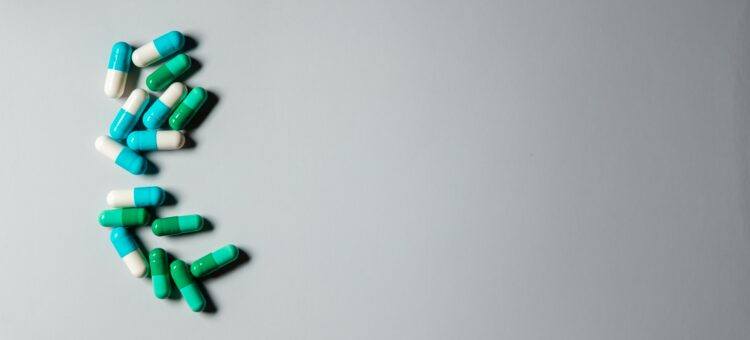There’s really not much, if at all, that medicines are able to do if they’re left in their blister packs or bottles. Unfortunately, the American Heart Association (AHA) finds that roughly 12% of Americans do not take any of the medications they get prescribed. Yet another 12% don’t get their prescriptions filled at all.
Sometimes, patients who attempt to follow their doctor’s instructions take a dose lower than recommended or end up missing a dose entirely. This leads to some rather dangerous consequences. The AHA found that 10% of overall admissions to hospitals directly result from patients who end up failing to take their prescription medicines the right way.
What makes missing a single dose such a big deal?
Health care professionals are nowhere near perfect in this regard, either. The Southern Medical Journal published a study that found around 20% of nurses and even doctors missed doses regularly. Out of all the excuses given, the most common ones they shared was that they forgot—or they were too busy.
Some medicines end up being easy to overlook. Prescription medicines meant to treat “silent” conditions are a good example, such as those meant for high cholesterol or high blood pressure. Migraine sufferers, on the other hand, will definitely remember to take painkillers.
Motivation
When a doctor prescribes medication that doesn’t have any obvious changes or effects, extra motivation will likely be necessary. The slightest tangible proof of the drug at work will be able to work wonders. Hypertensive and taking medicine for that? Use a home blood pressure monitor for you to be able to monitor your progress in real-time.
Resistance to Antibiotics
When it comes to antibiotics, several people end up having their condition improving well before the prescribed duration is over. Many people start to get lazy or forgetful, especially when there are side effects to the medicine. However, a drawback of not finishing your prescription is the possibility of a “superbug” manifesting, which develops a resistance to the antibiotics.
Taking Too Many Medications
The AHA has also found that almost 60% of patients that take at least five medicines end up taking them incorrectly. Keeping track of prescriptions can be tricky, even after your doctor explains how to take each medicine you are prescribed. Don’t be afraid to ask questions. One of the most convenient ways to do this is to have a medicine tracker app and sticking to a schedule.
Some ways to stick to your medication schedule include, but are not limited to:
- Ask your partner or someone you trust to remind you
- Combine taking medicines with something else you do every day, like having breakfast
- Get a calendar and use that as your medicine log
- Having a set time for taking medicine daily
- Use a pillbox that has “days-of-the-week” compartments
Conclusion
Taking medicine as it’s prescribed is important, especially when it comes to antibiotics. Not taking medicines properly can be dangerous, so it’s important to stick to a schedule. Set a time to take them daily, find a way to log your medication, or ask someone to remind you.
Are you looking for the best medication tracker app? Check out My Medication Log today! We offer MedManage, a cloud-based medication management system for patients and caregivers.

